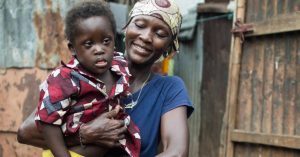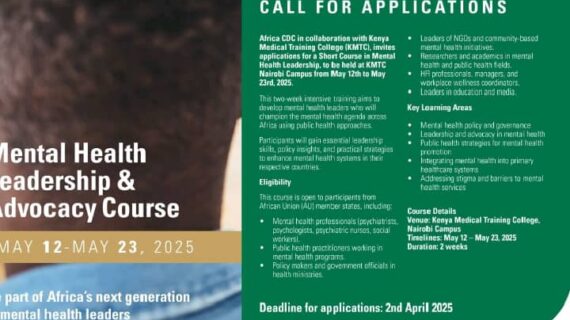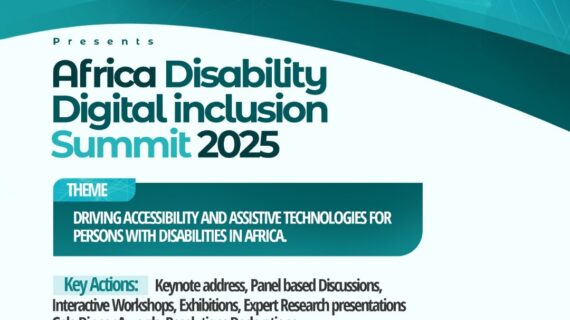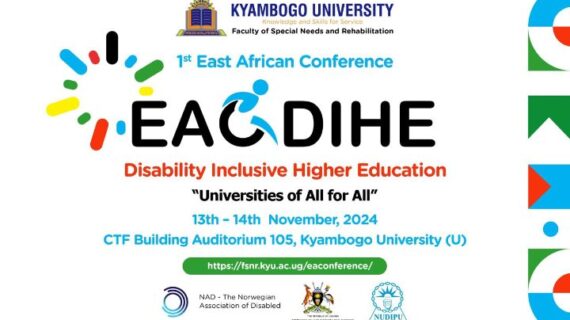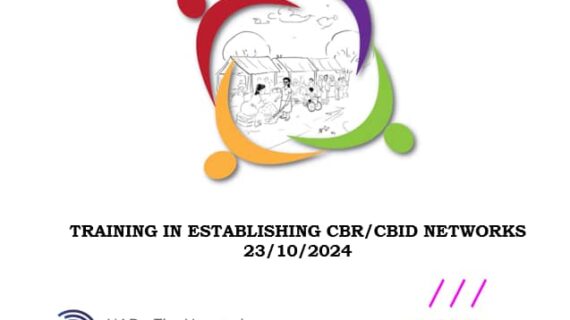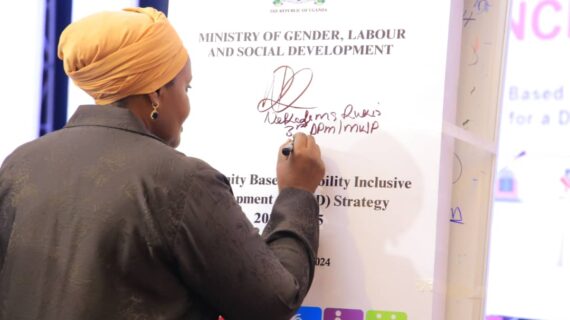Working toward an inclusive, fair world for people with disabilities in 2017.
Working toward a more open, inclusive, and fair world for people with disabilities in 2017.
Hope shines a light in the darkness. It’s infectious, even healing. But what is there to be hopeful for? Let’s look at the year ahead with 12 reasons to have hope in 2017
- Extreme poverty is giving up ground.
In the last 20 years, the number of children dying around the world from things they shouldn’t — from hunger and poverty and disease — has dropped from more than 30,000 a day to just over 16,000. And the number of people living in extreme poverty, those living on less than $1.90 a day, dropped by more than 1 billion. Now the world’s nations have set an ambitious goal of eliminating extreme poverty by 2030.
- We are 99 percent of the way to eradicating polio globally.
Unlike most diseases, polio can be completely eradicated because it cannot survive for long periods outside of the human body. The World Health Organization estimates that as many as 20 million people are living with polio paralysis. At its peak in the early 1900s, polio struck tens of thousands of Americans. But right now, this crippling and potentially fatal disease is at the lowest numbers and in the fewest places ever. With vigilance, the world could be polio-free by 2018.
- The end of the HIV and AIDS pandemic is in sight.
AIDS-related deaths have fallen by 45 percent since the peak in 2005 when 2 million people died from AIDS-related causes. Countries around the world are focusing on the 90-90-90 targets of the Joint United Nations Program on HIV and AIDS. Their goal is that by 2020, 90 percent of people living with HIV will be diagnosed, on treatment, and virally suppressed.
- We can solve the global water and sanitation crisis within our lifetimes.
Nearly 1,000 children under 5 die every day from diarrhea caused by contaminated water, poor sanitation, and improper hygiene. So the sixth of 17 Sustainable Development Goals created by the United Nations includes achieving universal and equitable access to safe and affordable drinking water for all by 2030.
World Vision is the largest non-governmental provider of clean water in the developing world, reaching one new person with clean water every 30 seconds. We are increasing our impact and scope to reach one new person with clean water and sanitation every 10 seconds by 2020, and we’ll then continue at that pace to reach everyone, everywhere we work by 2030.
- World Vision has partnered with the U.N. and UNICEF to launch the Global Partnership to End Violence Against Children.
Together, we will support the efforts of those seeking to prevent violence, protect childhood, and help make societies safe for children. By 2030, we hope to end abuse, exploitation, trafficking, and all forms of violence and torture against children.
- Men in India are taking a stand against a harmful tradition — child marriage — that has tarnished the worth of girls for centuries.
Instead of conforming to society’s skewed understanding of a girl’s worth — merely as a profit-and-loss venture — Men Care Groups in Agra, India, educate and equip men on the inherent value of women and girls. Members of this World Vision program also support one another in leading their families with empathy and encouragement, convincing other community members not to marry off their teenage daughters.
- Working toward a more open, inclusive, and fair world for people with disabilities by 2030.
Individuals with disabilities can face a lot of barriers — in their living environment, in the form of outdated laws and policies, and in the attitudes and prejudices of people in their community. But now five of the 17 Sustainable Development Goals created by the United Nations will address needs in sectors such as education, economic growth, employment, governance, and infrastructure. World Vision operates disability-specific programming as well as disability-inclusive programming around the world.
- Poverty eradication in Zambia.
The village of Moyo, Zambia, now knows only the prosperity. It knows about plenty. It knows about learning. It knows about sharing. And it knows it’s free to encourage its children to follow their dreams of being a chefs.
- Innovative technology is transforming remote communities around the world.
Mobile technology and other innovations allow humanitarian organizations to work better and smarter, improving efficiencies so more resources can help people in poverty and communities in crisis. The Global Alliance for Humanitarian Innovation and Global Humanitarian Data Center were also launched at the first-ever World Humanitarian Summit in May 2016.
- Uganda combats Fistula complications.
After her baby died last year during a home birth that resulted in complications from obstetric fistula, 21-year-old Jennifer would only pray outside church. She felt she couldn’t step inside for fear of losing control of her bladder. In September, World Vision Uganda brought surgeons specializing in fistula to Jennifer’s community. Her surgery was successful. The Sunday afterward, Jennifer was back at church — this time inside.
- The standard for a basic education has changed from simply attending school to ensuring students can read, write, and do basic math.
World Vision’s programs prioritize equitable access for all and measurable learning outcomes, so we can ensure children have the education they deserve — and a solid start to reach their God-given potential. And with one in four children living in a country grappling with humanitarian crises, we are providing education along the continuum from disaster relief to development.
- Moms around the world are tapping into their vast potential.
With help from World Vision, moms around the world are raising harvesting, and preparing food to make their children healthy and their communities more prosperous. We’re equipping them with the economic tools and training they need to build a brighter financial future.
SOURCE: World Vision

